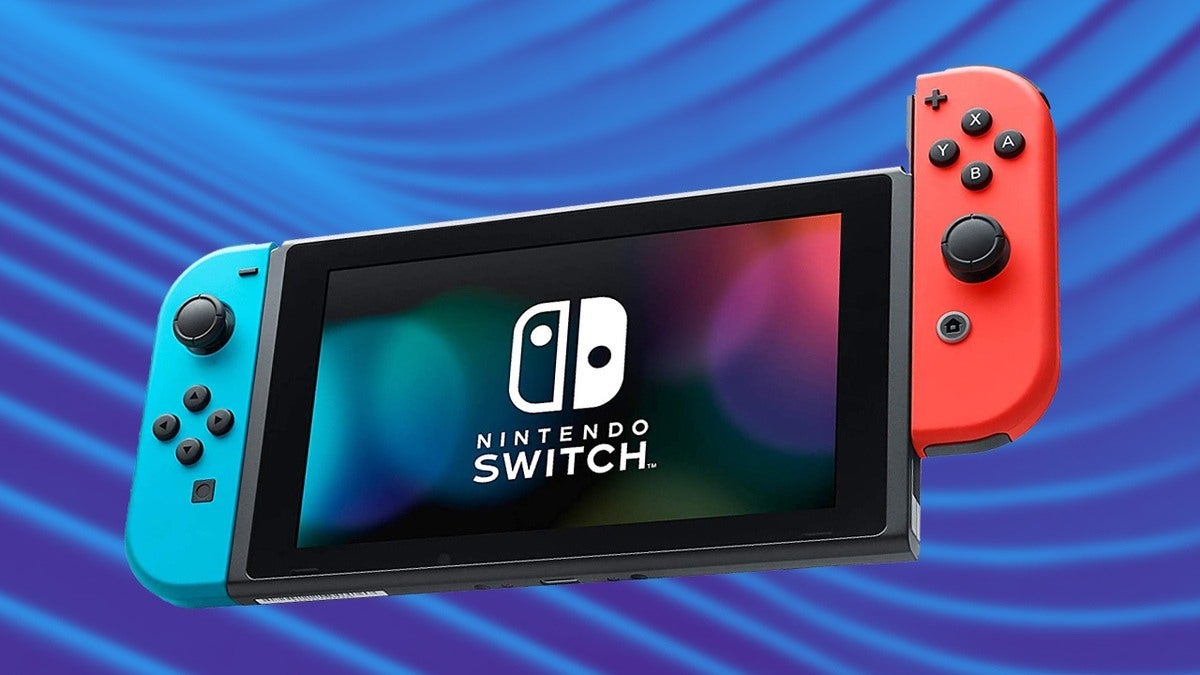Development of Nintendo Switch Emulator Ryujinx Reportedly Halts Amid Pressure from Nintendo
In a recent development that marks yet another victory for Nintendo in its ongoing battle against software emulation, the popular Nintendo Switch emulator Ryujinx has ceased operations. The shutdown follows significant legal pressure from Nintendo, which has been actively curbing efforts that enable the unauthorized emulation of its console games. This incident underscores the complex legal landscape surrounding game emulation and raises questions about the future of such projects.
Ryujinx, an open-source emulator that enabled users to play Nintendo Switch games on Windows, Linux, and macOS, began in 2017 as a project led by developer gdkchan. Over the years, it evolved with the help of a small but dedicated team of developers. However, the journey came to an abrupt end when lead developer gdkchan was reportedly contacted by Nintendo. An agreement was proposed that required cessation of work on the emulator, along with the removal of all related organizational assets under his control. Following these discussions, the Ryujinx organization on GitHub was dissolved, leading to widespread speculation and concern among the emulation community.
The news was confirmed by developer riperiperi in the Ryujinx Discord server and further communicated through Ryujinx’s X/Twitter account. Users first noticed something was amiss when Ryujinx’s GitHub page returned a 404 error, and its download page became inaccessible. Amid rising concerns, Discord moderators urged the community to await official announcements and refrain from spreading unverified information.
This event is part of a larger narrative of Nintendo's aggressive stance against emulation. The gaming giant has historically taken a hard line on protecting its intellectual property, as evidenced by its lawsuit against Tropic Haze, the creators of another popular Switch emulator, Yuzu. In a notable settlement, Tropic Haze was ordered to pay $2.4 million in damages, and Yuzu was completely shut down. Nintendo's legal filings revealed claims of extensive piracy, including over a million unauthorized downloads of "The Legend of Zelda: Tears of the Kingdom" prior to its official release, prompting the company to issue takedown notices for thousands of copies of Yuzu's code.
Nintendo’s legal actions highlight the challenges faced by emulation enthusiasts and developers. While emulators like Ryujinx and Yuzu provide a means for gamers to experience titles across different hardware platforms, they also pose significant piracy risks that can impact a company’s revenue and the integrity of its products. Nintendo’s crackdown is indicative of its broader strategy to control the distribution and usage of its game titles, ensuring that they are consumed in ways that strictly adhere to its terms of service and copyright laws.
The cessation of Ryujinx raises important questions about the future of emulation. While the technology offers potential benefits, such as preserving old games and making them accessible on modern hardware, it also challenges the legal boundaries of copyright and intellectual property rights. For gamers and developers alike, the shutdown serves as a cautionary tale about the potential legal ramifications of developing and using emulators.
For more insights into the latest developments in the gaming world and to stay updated on new game releases and industry news, visit gaming platforms like free online games and Best Crazy Games. These sites offer a wide range of games and information that can keep you informed and entertained, whether you’re looking for mainstream titles or indie gems.
As the legal and ethical debates surrounding emulation continue, it remains to be seen how the balance between innovation and intellectual property rights will evolve. What is clear, however, is that companies like Nintendo will remain vigilant in protecting their interests, shaping the landscape of gaming and emulation for years to come.
















